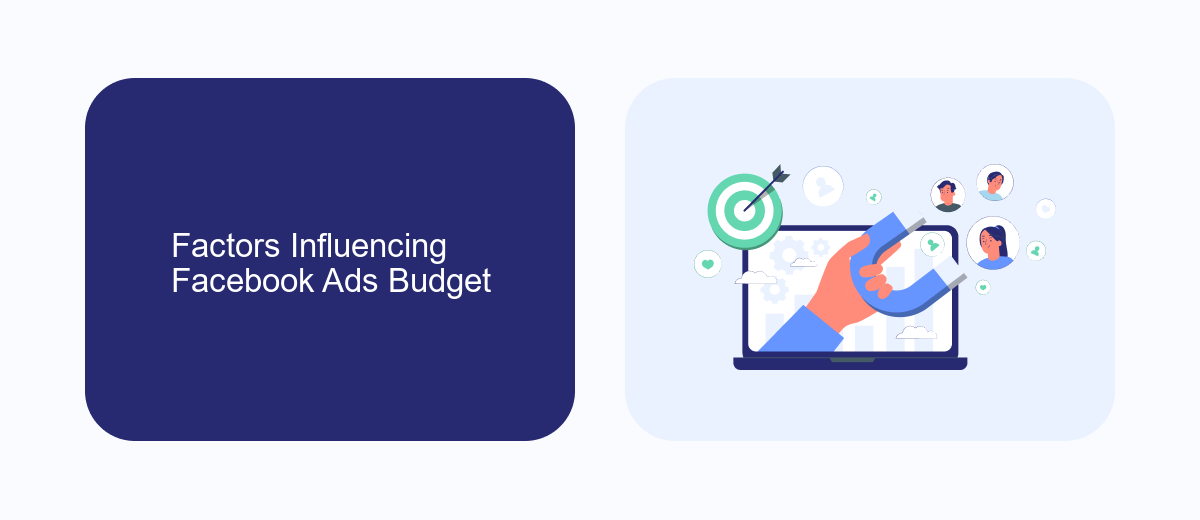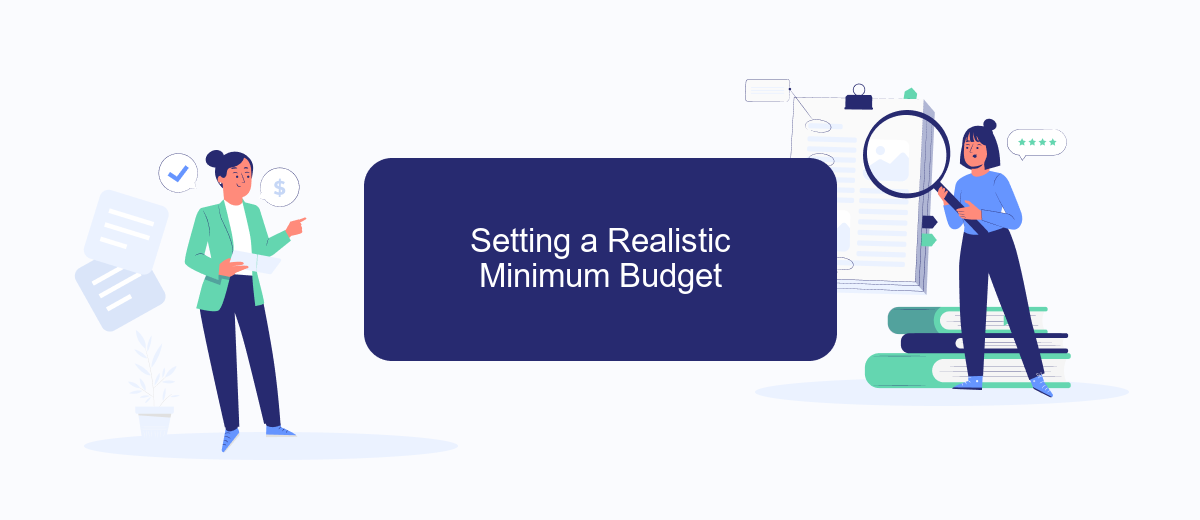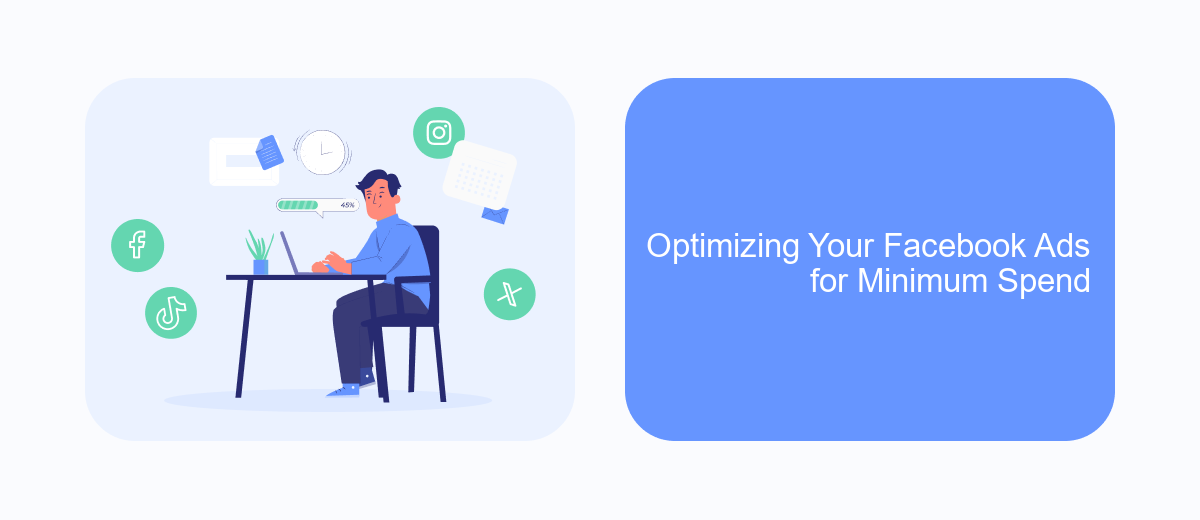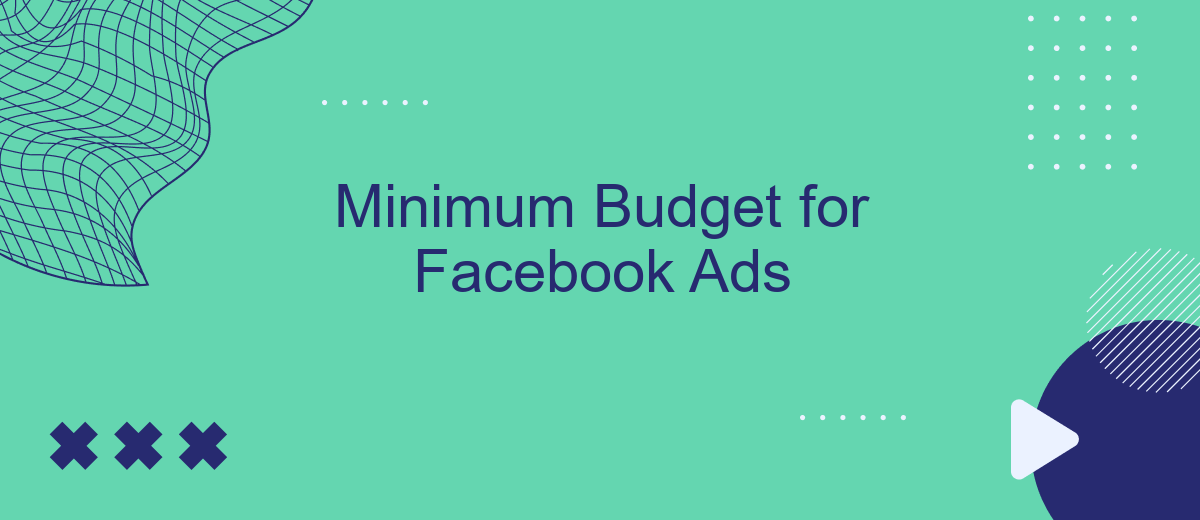When planning a digital marketing strategy, understanding the minimum budget required for Facebook Ads is crucial for maximizing your return on investment. This article explores the essential factors that influence ad costs, such as audience targeting, ad placement, and campaign objectives. By grasping these elements, businesses can allocate their resources more effectively, ensuring that even a modest budget can achieve significant results on the platform.
Understanding Your Facebook Ads Goals
Before diving into Facebook advertising, it's crucial to clearly define your goals. Understanding what you want to achieve will guide your budget allocation and ad strategy. Whether you're aiming to increase brand awareness, drive website traffic, or boost sales, your objectives should be specific and measurable. This clarity will not only help in crafting compelling ads but also in evaluating their success.
- Brand Awareness: Reach a broader audience to make more people familiar with your brand.
- Lead Generation: Collect contact information from potential customers interested in your offerings.
- Engagement: Encourage interactions such as likes, comments, and shares to build community around your brand.
- Conversions: Drive specific actions like product purchases or sign-ups on your website.
- App Installs: Promote your app to increase the number of downloads.
Once your goals are defined, align them with the right ad formats and targeting options that Facebook offers. This alignment ensures that your ads reach the right audience and achieve the desired outcomes. Regularly review and adjust your campaigns based on performance data to optimize results and make the most of your advertising budget.
Factors Influencing Facebook Ads Budget

When determining a budget for Facebook Ads, several factors come into play. First, the target audience significantly influences the budget. A highly specific audience might require more investment due to increased competition for ad space, whereas a broader audience may allow for more flexibility in spending. Additionally, the industry and niche can affect costs; competitive industries like finance or technology often demand higher budgets to achieve visibility and engagement.
Another crucial factor is the campaign objective. Whether the goal is brand awareness, lead generation, or conversions, each objective necessitates different spending strategies. Moreover, the ad format—be it video, carousel, or static image—can impact costs, as some formats may require higher production expenses. Lastly, leveraging tools like SaveMyLeads can optimize budget allocation by automating lead integration and ensuring efficient ad spend. This service helps streamline processes, allowing businesses to focus on strategic decisions rather than manual tasks, ultimately influencing the overall budget management for Facebook Ads.
Setting a Realistic Minimum Budget

When planning your Facebook Ads campaign, setting a realistic minimum budget is crucial to achieving your marketing goals. A well-thought-out budget ensures that your ads reach the right audience effectively without overspending. It's essential to consider various factors such as your overall marketing objectives, the size of your target audience, and the competition in your industry.
- Define your campaign goals: Identify what you want to achieve with your ads, whether it's brand awareness, lead generation, or sales.
- Research your audience: Understand the demographics, interests, and behaviors of your target audience to allocate your budget effectively.
- Analyze industry benchmarks: Look at the average cost-per-click (CPC) and cost-per-thousand-impressions (CPM) in your industry to set a competitive budget.
- Start small and scale: Begin with a modest budget to test the waters, then gradually increase it based on performance and results.
By following these steps, you can set a realistic minimum budget that aligns with your marketing strategy and maximizes your return on investment. Remember, it's important to continuously monitor and adjust your budget based on the performance of your ads to ensure optimal results.
Optimizing Your Facebook Ads for Minimum Spend

To achieve optimal results while minimizing your Facebook Ads spend, it's crucial to focus on strategic adjustments and data-driven decisions. Start by clearly defining your target audience to ensure your ads reach the most relevant users. Utilize Facebook's audience insights to refine your targeting and avoid unnecessary expenditures on uninterested viewers.
Next, continuously monitor your ad performance to identify which ads are delivering the best results. A/B testing different ad creatives, copy, and formats can help you determine what resonates most with your audience. By focusing on high-performing ads, you can allocate your budget more efficiently and reduce wasteful spending.
- Set clear goals and KPIs to measure success.
- Use Facebook Pixel to track conversions and optimize for actions.
- Leverage retargeting to re-engage interested users.
- Adjust bids and budgets based on performance data.
Finally, take advantage of Facebook's automated tools, such as Campaign Budget Optimization, to distribute your budget across ad sets effectively. By implementing these strategies, you can maintain a cost-effective advertising approach while maximizing the impact of your Facebook campaigns.
Tracking and Adjusting Your Budget
To effectively manage your Facebook Ads budget, it's crucial to consistently track your ad performance and make necessary adjustments. Start by monitoring key metrics such as click-through rate (CTR), conversion rate, and cost per acquisition (CPA). These indicators will help you understand which ads are performing well and which ones require optimization. Utilize Facebook's Ads Manager to set up detailed reports and alerts that keep you informed about your campaign's progress. Regularly reviewing these metrics allows you to allocate your budget more efficiently, ensuring that you're investing in ads that deliver the best results.
In addition to using Facebook's built-in tools, consider integrating third-party services like SaveMyLeads to automate your data tracking and adjustments. SaveMyLeads can streamline the process of collecting and analyzing data from your ad campaigns, providing real-time insights that enable quick decision-making. With automated workflows, you can set conditions to automatically adjust your budget based on performance thresholds, ensuring that your spending aligns with your marketing goals. By leveraging such tools, you can maintain a dynamic budget strategy that adapts to the ever-changing landscape of digital advertising.
FAQ
What is the minimum budget required for Facebook Ads?
How can I optimize my low-budget Facebook Ads for better performance?
Can I automate my Facebook Ads to save time and budget?
How do I determine the right budget for my Facebook Ads campaign?
Is it possible to run effective Facebook Ads with a small budget?
SaveMyLeads is a simple and effective service that will help you automate routine tasks and optimize business processes. Stop wasting time uploading leads from Facebook manually – you can do it automatically, saving a lot of time and money. Eliminate routine from workflows and achieve more with minimal investment of money, effort and human resources.
